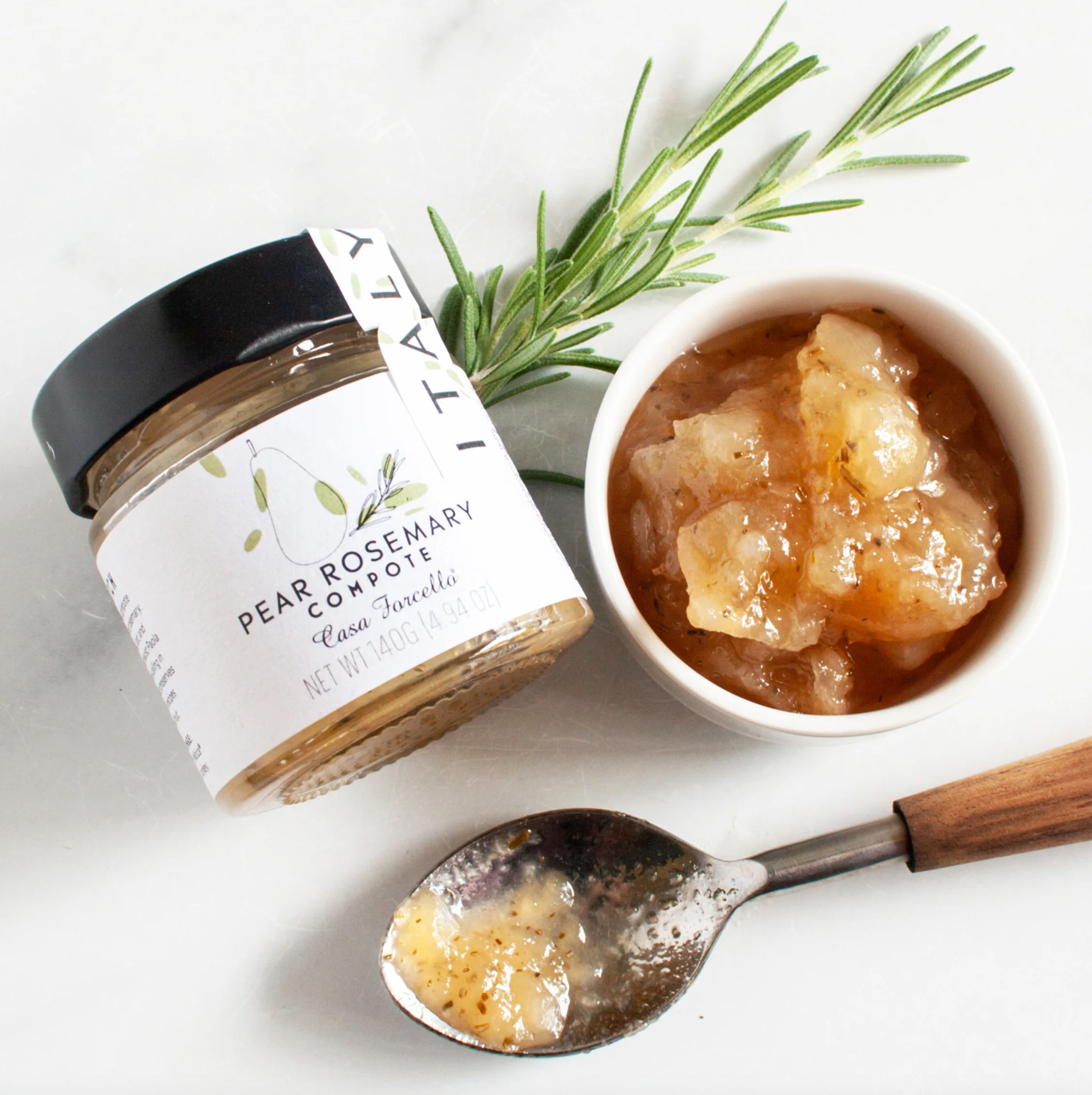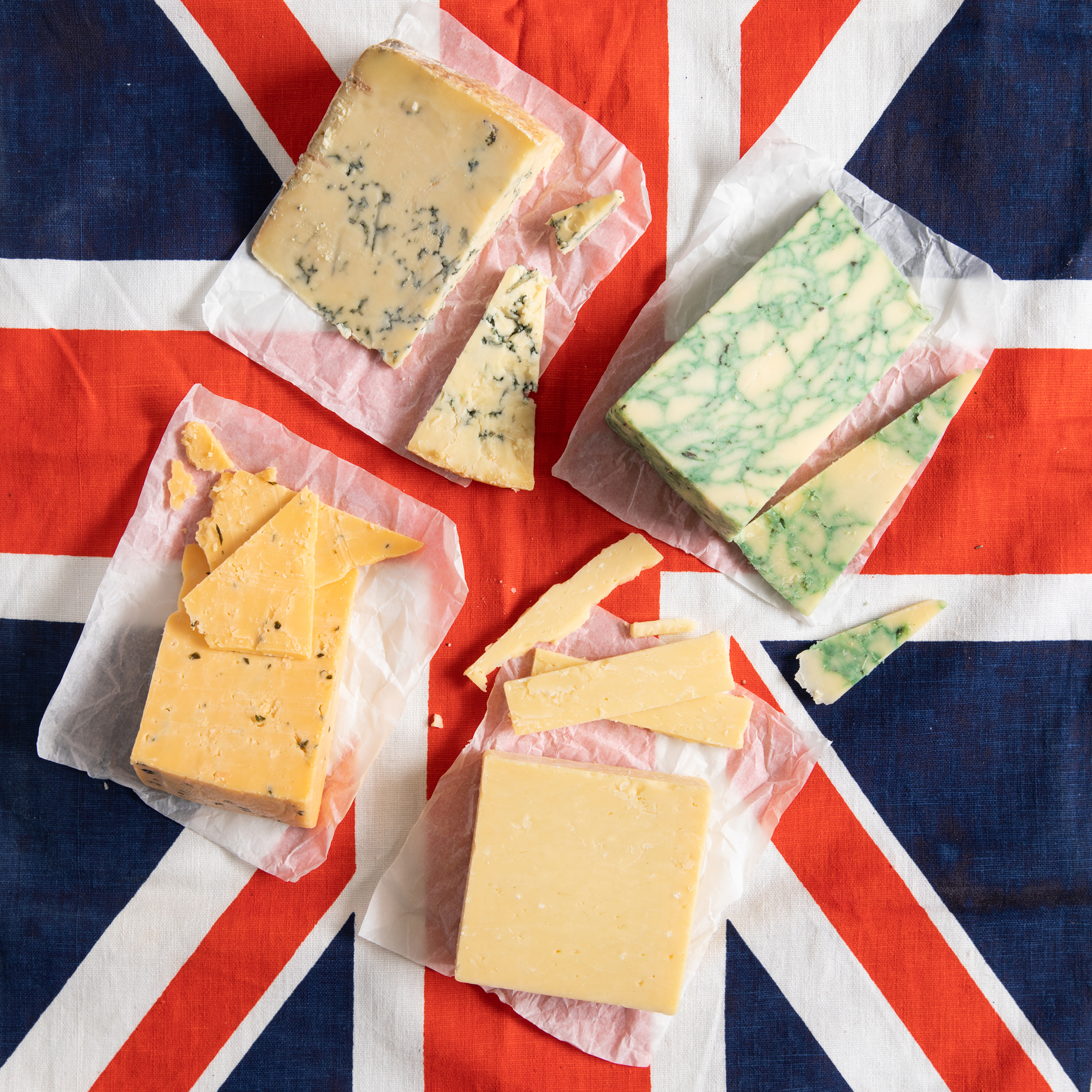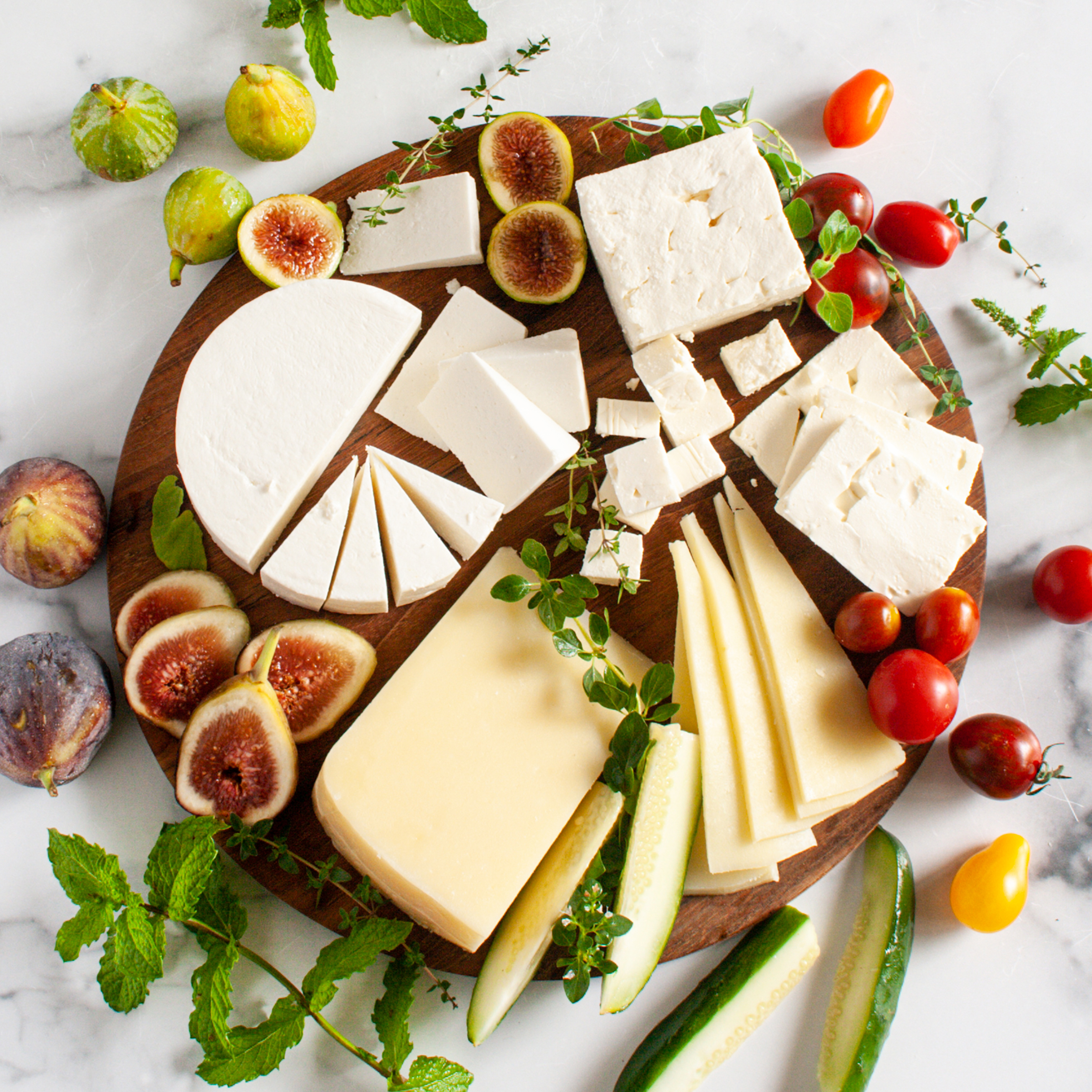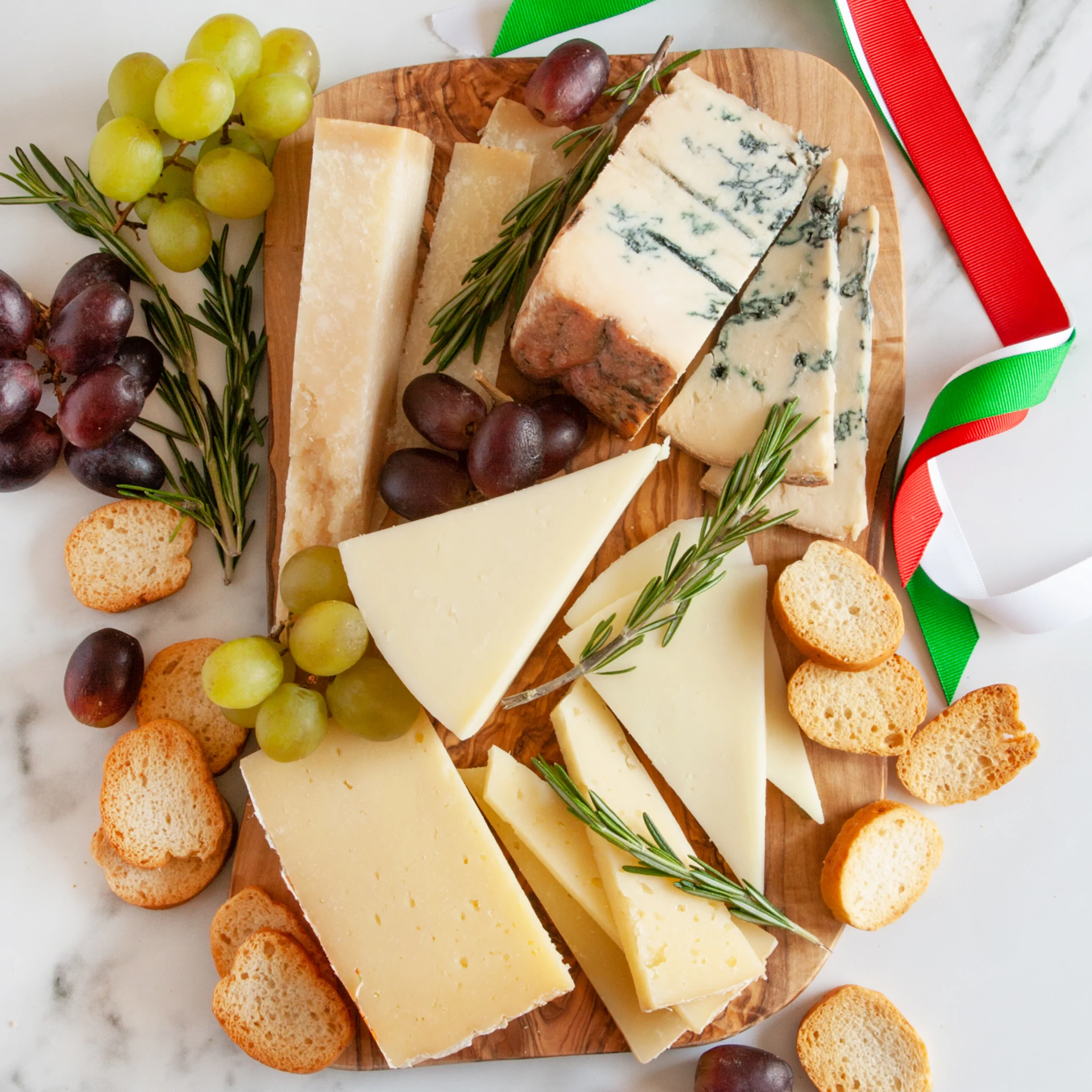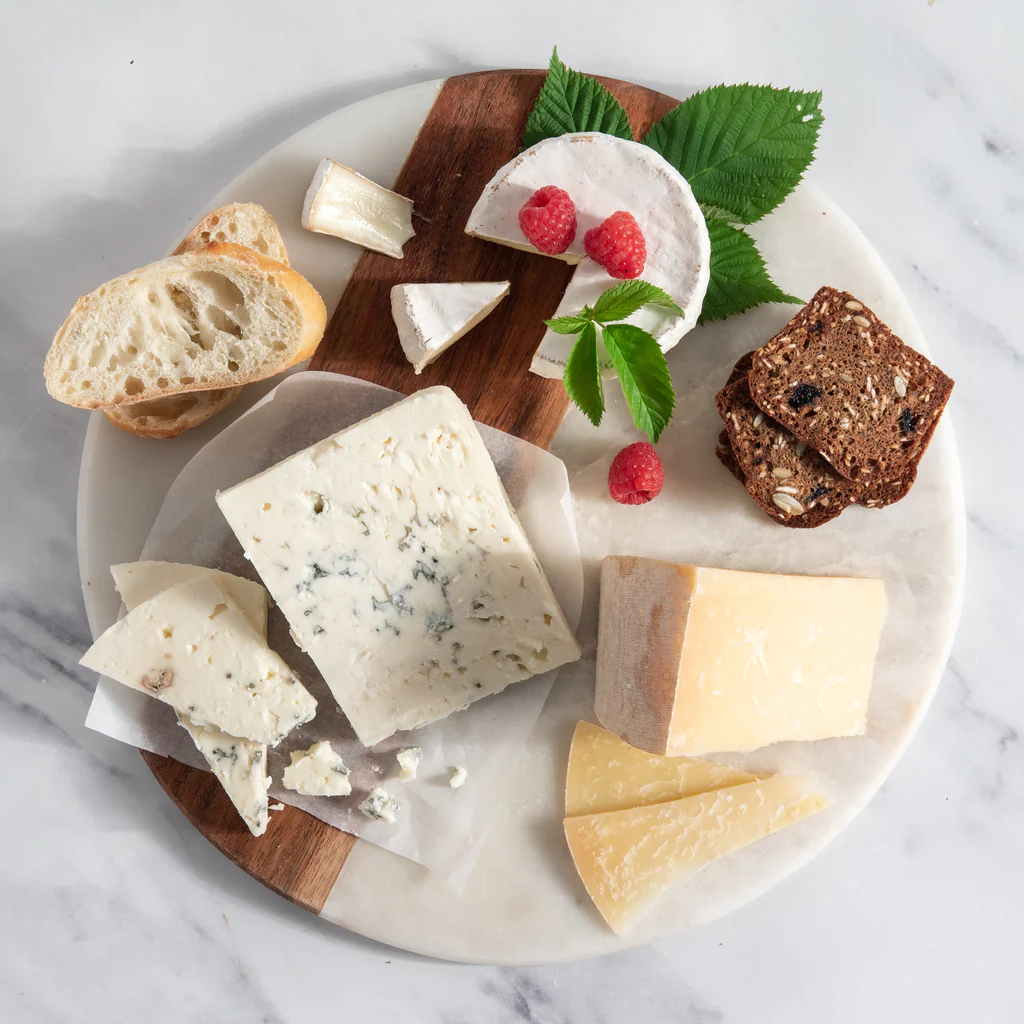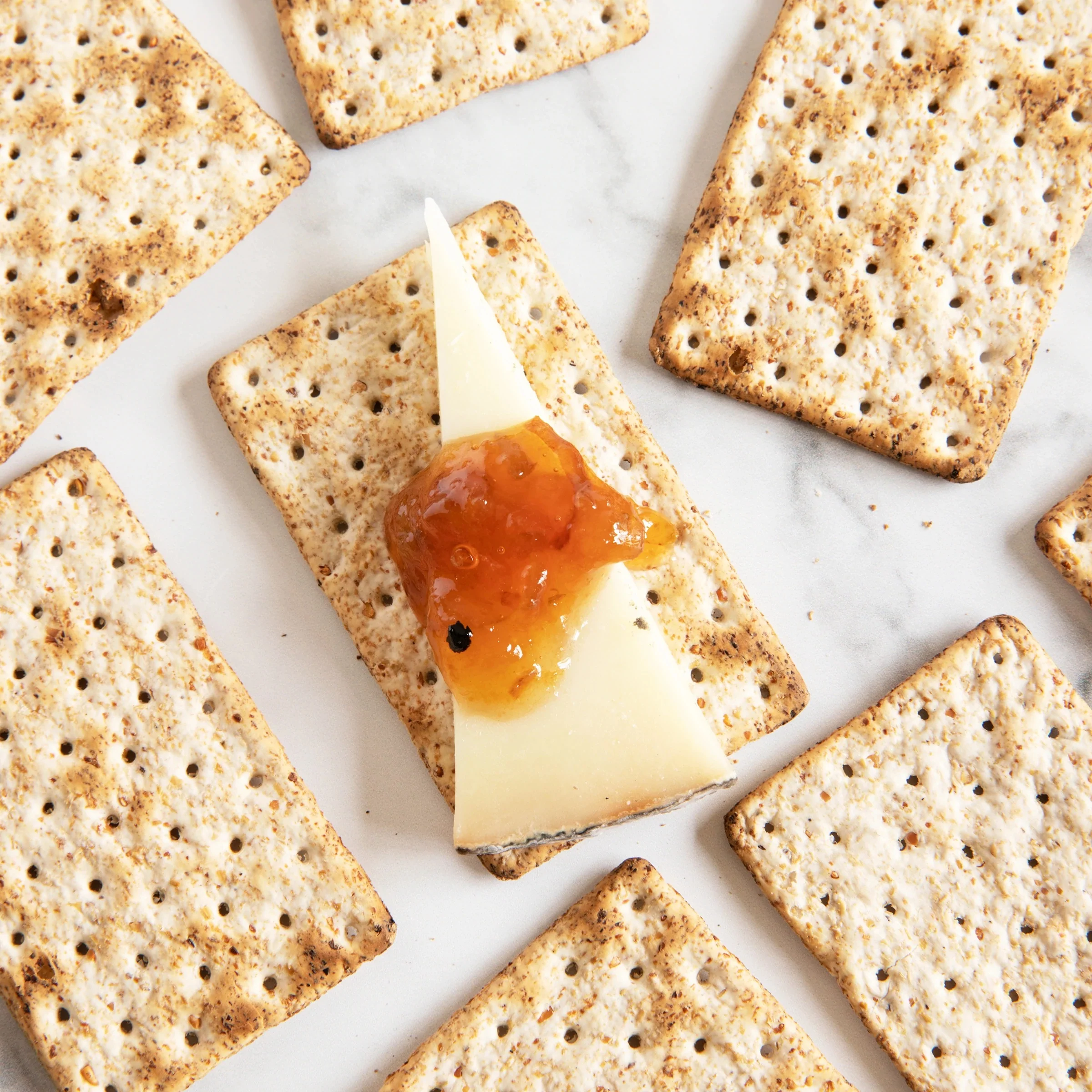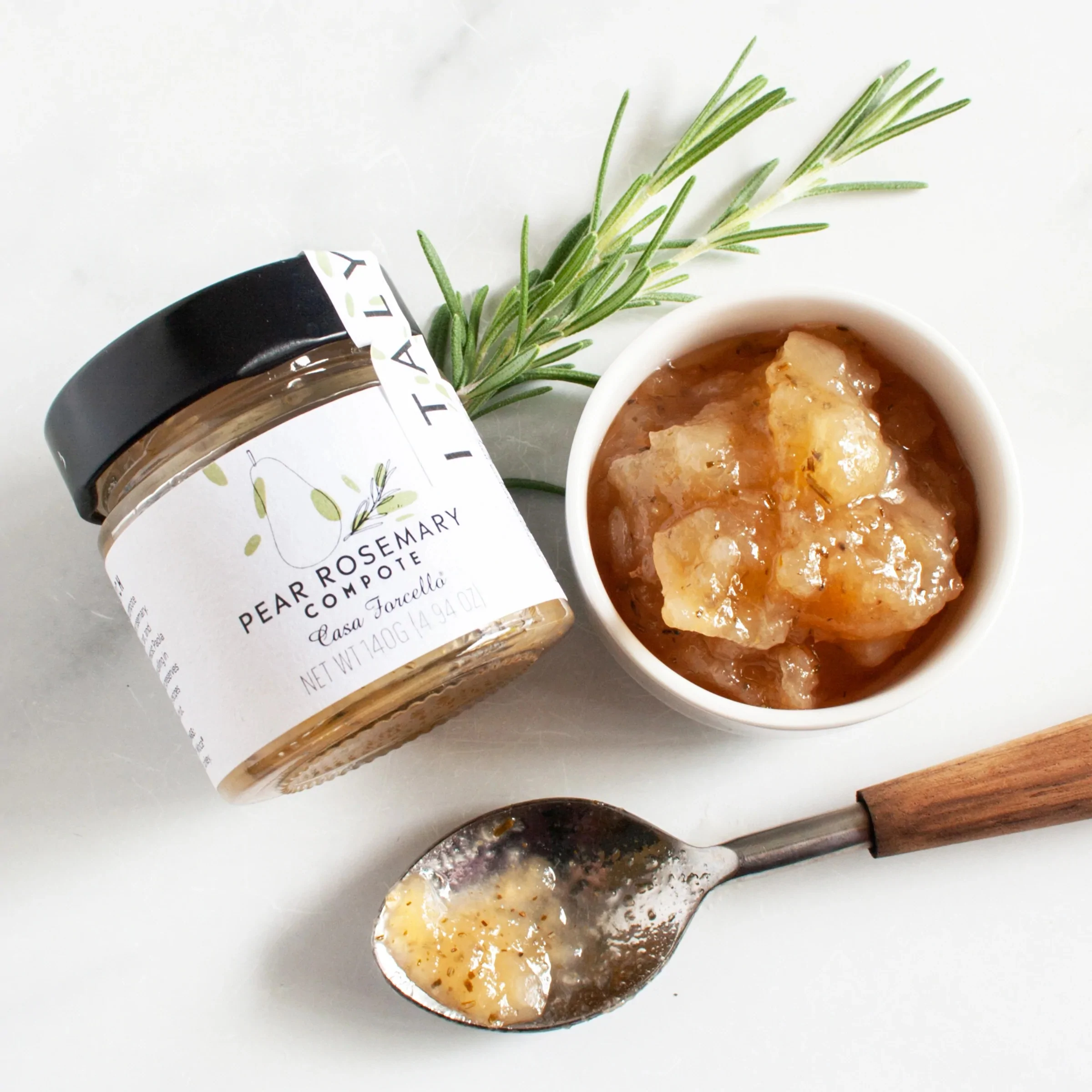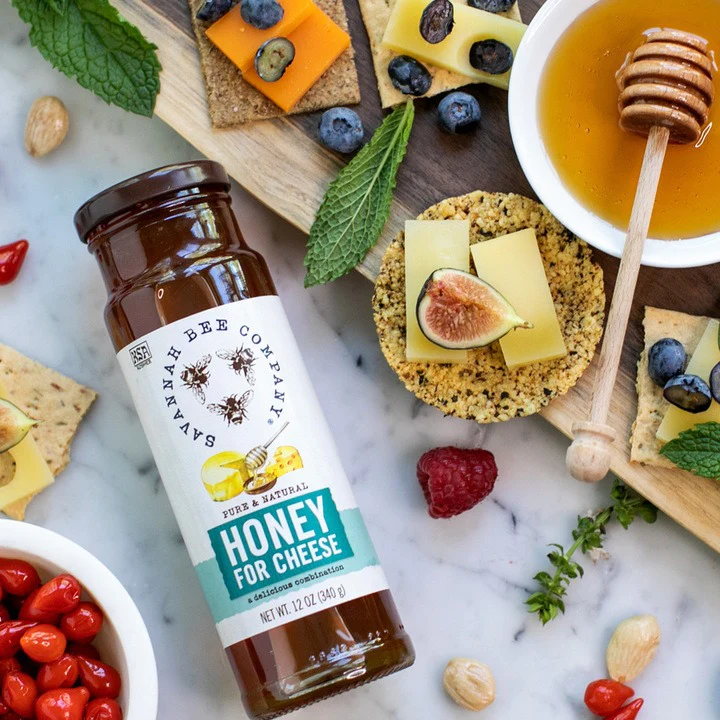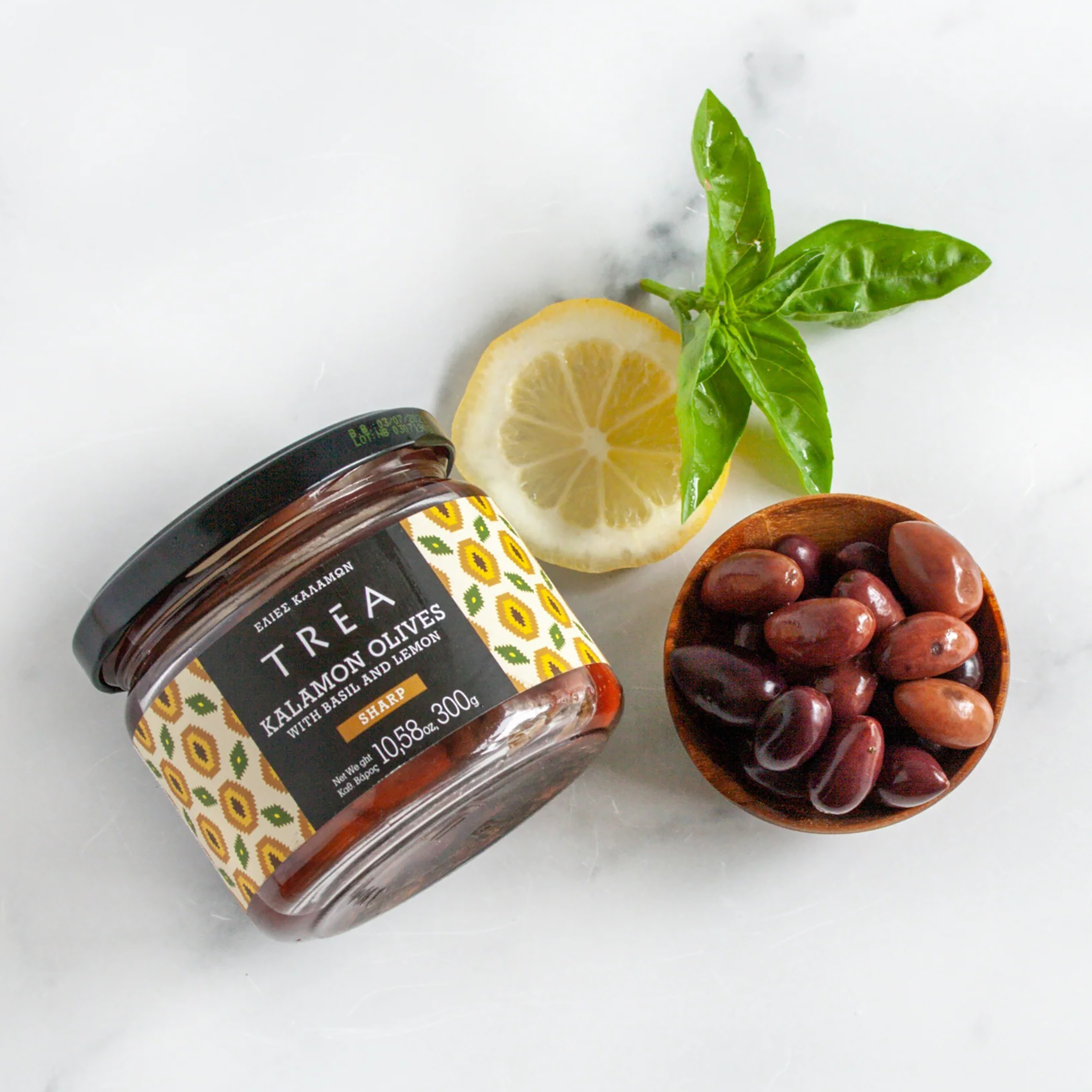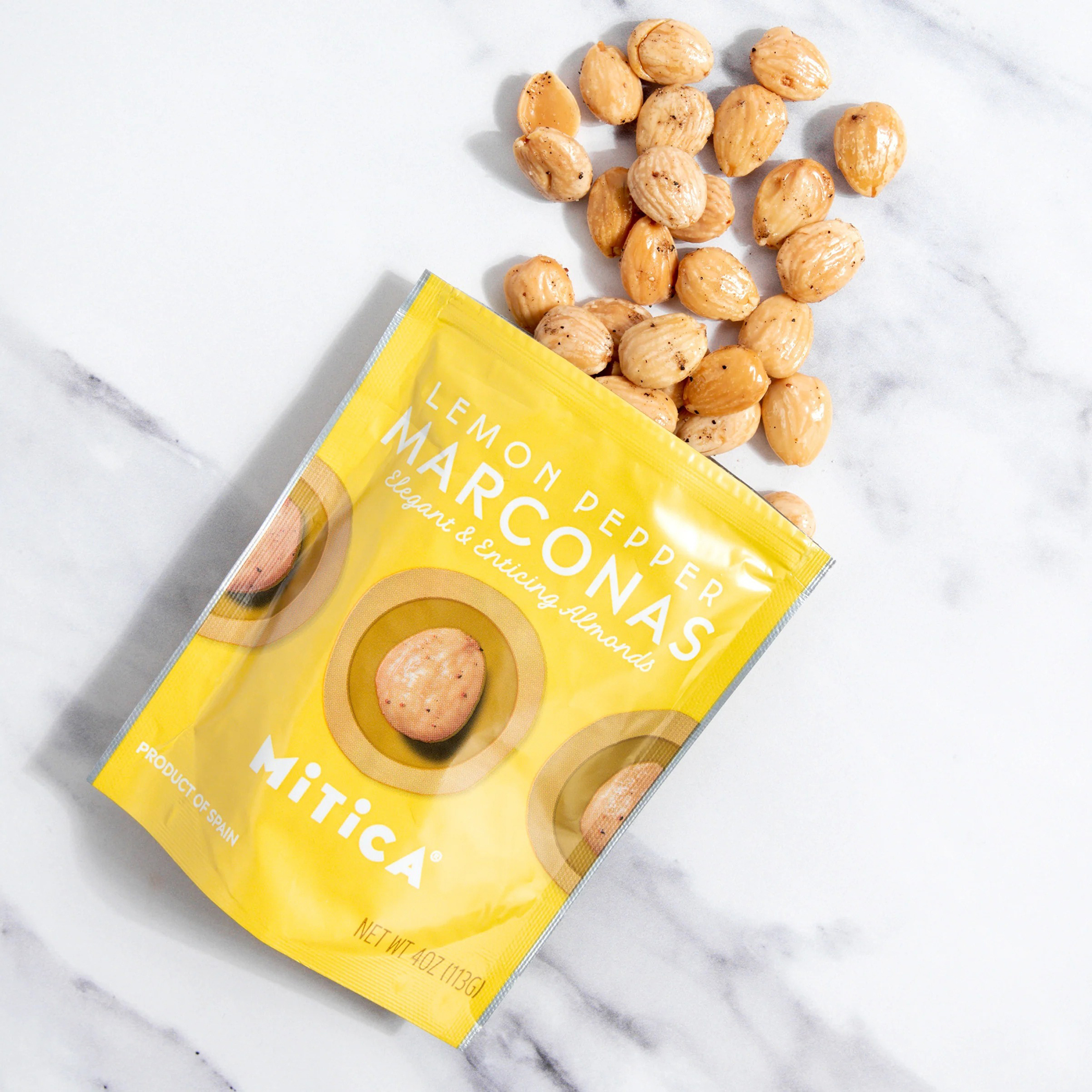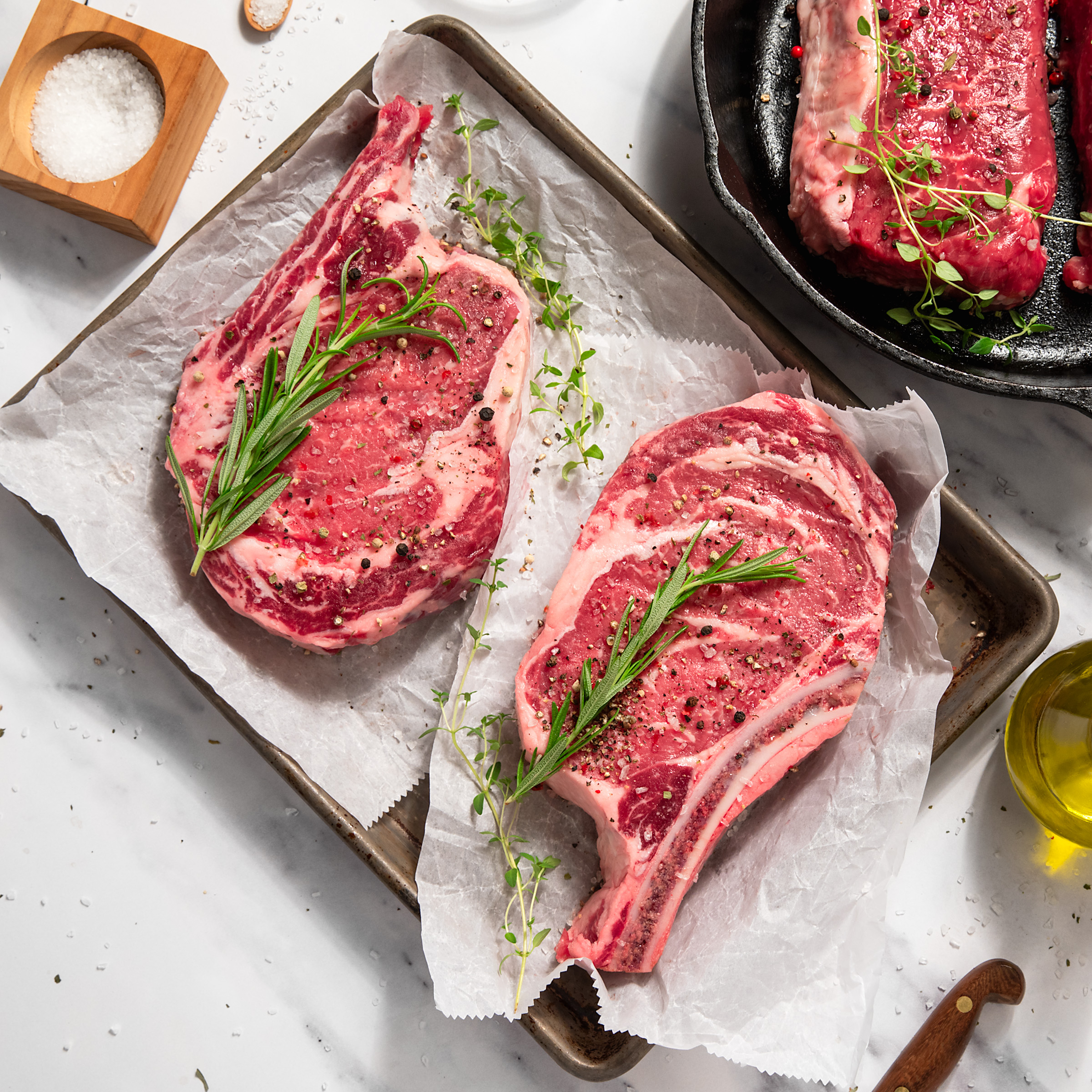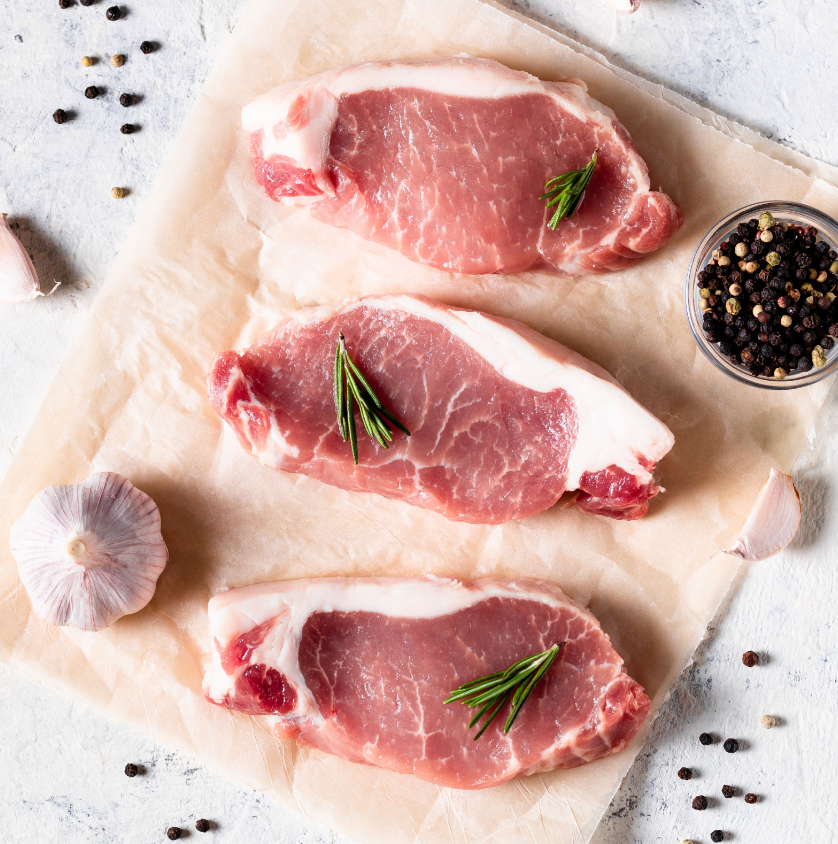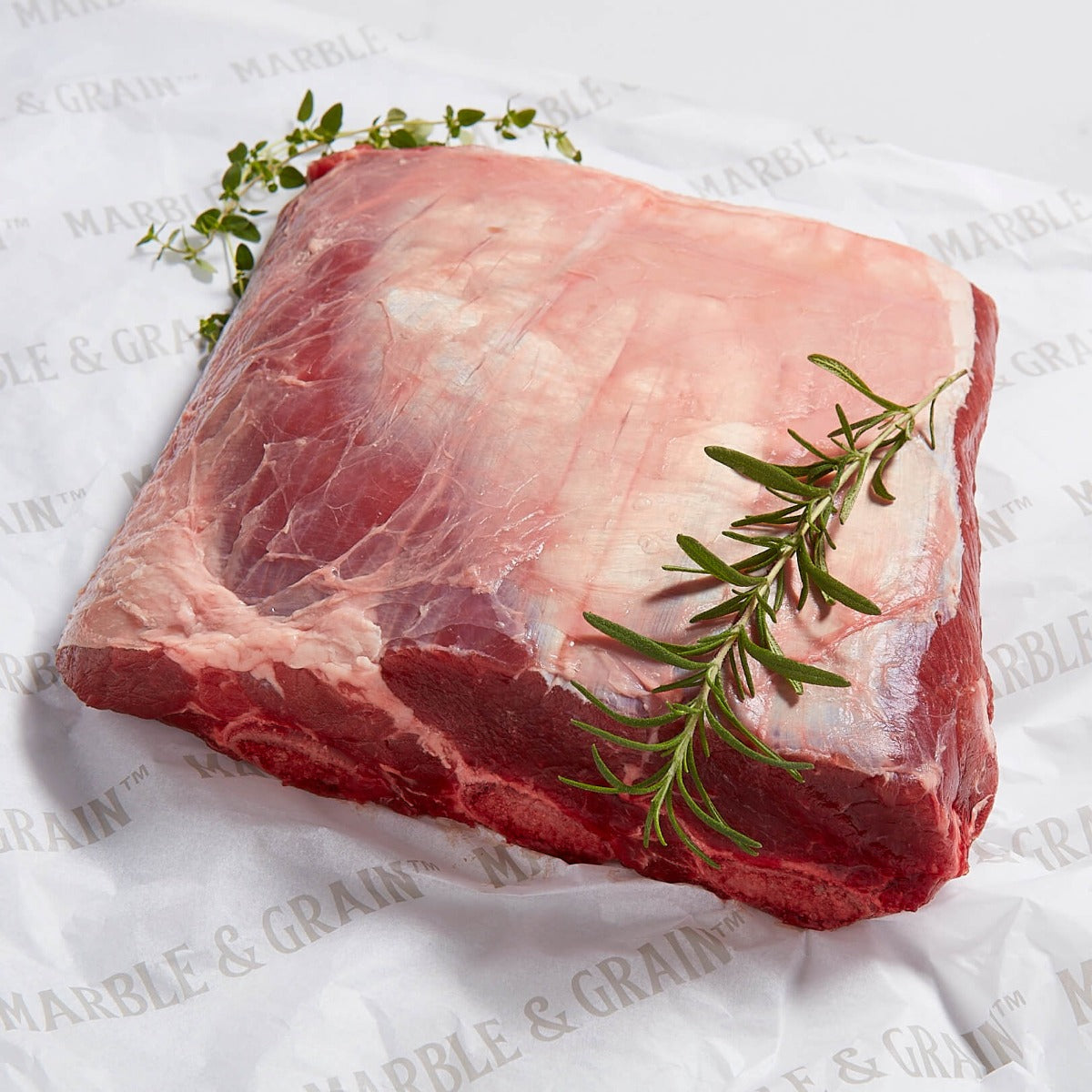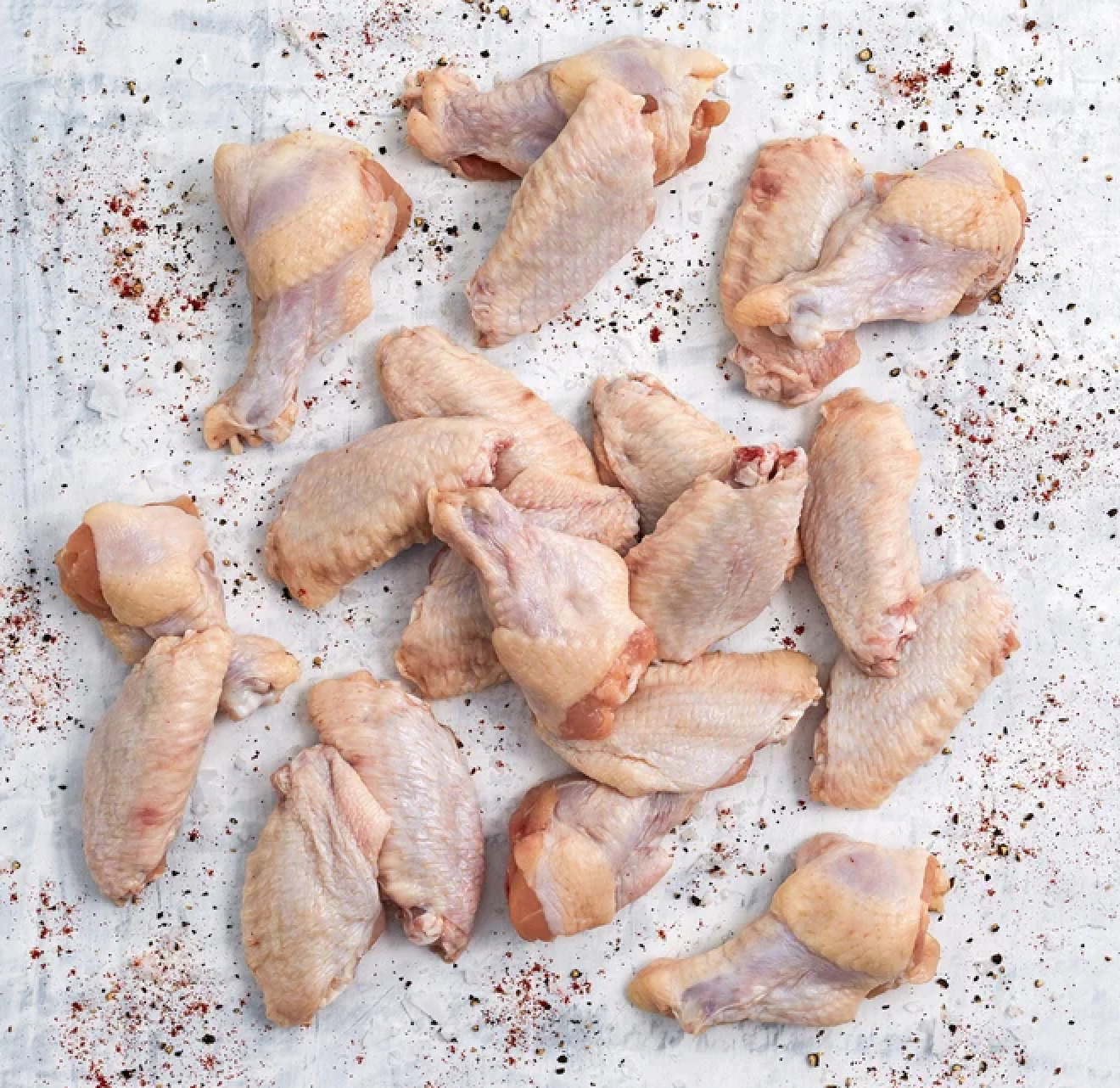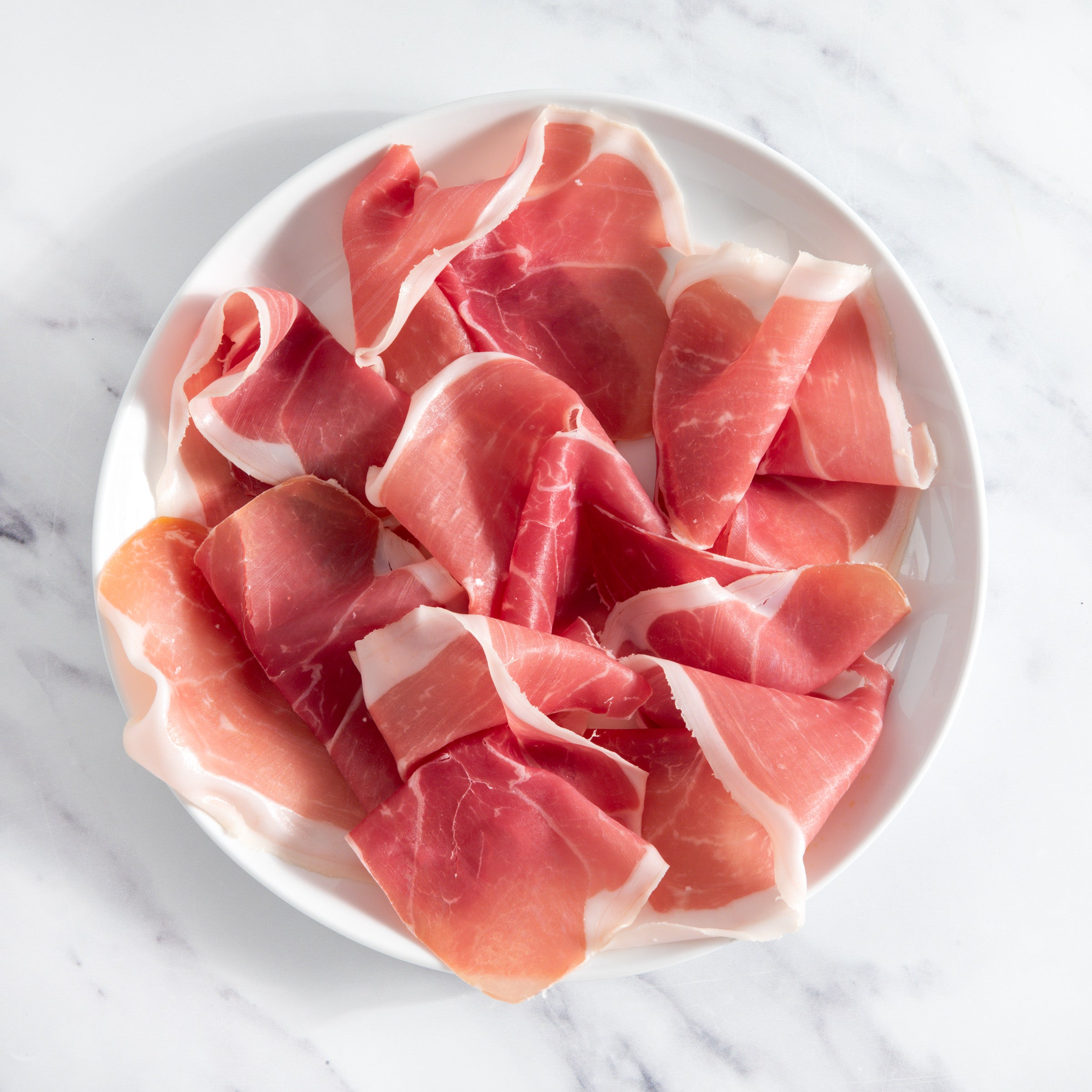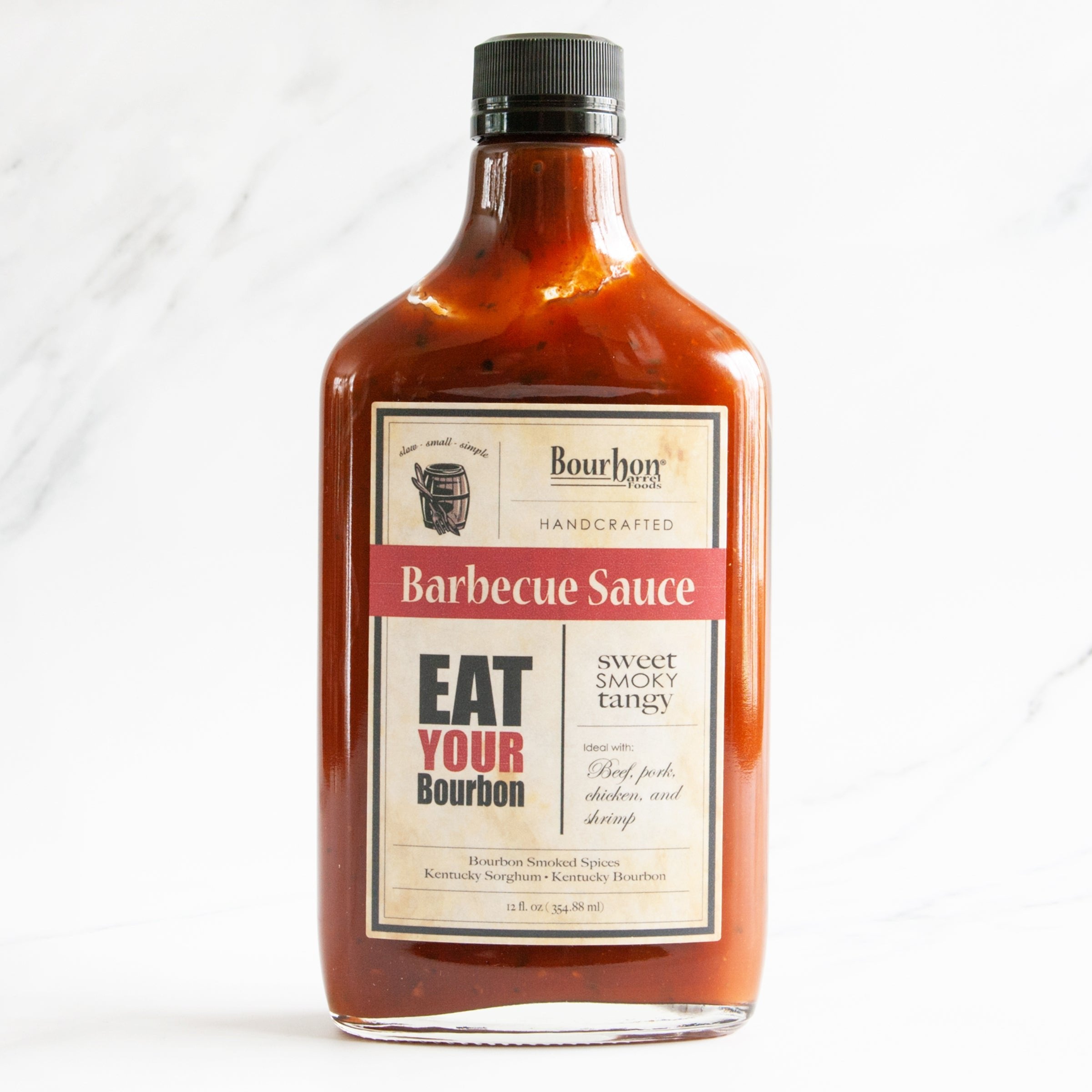Guide to Cheese Types
Pine Nuts - Gourmet Guide
June 12, 2019 | By Dave Mattingly
Pine Nuts, also known as Pignoli, are the edible seeds of the pine tree. Although considered a culinary nut, in botanical terms they are gymnosperms, meaning that they do not have fruit on the outside of the nut. Pine Nuts are an ancient food, eaten by man on the European and Asian continents since the Paleolithic era. Native to many different areas of the world, Pine Nuts were a staple crop for Native American Indians of North America. Pine Nuts are also common in many regions of the Asia and Mediterranean, as today China and Portugal are the world's largest exporters.
Certain species of pine trees produce Pine Nuts, with the most common species harvested for their nuts being the Italian stone pine, the Colorado pinion, the Mexican pinion and the Chinese nut pine. Pine trees do not start producing seeds until at least 15 to 25 years of age. Pine Nuts are typically harvested by hand, which contributes to the higher price of Pine Nuts. When first harvested, Pine Nuts are covered in a hard shell, which have a long shelf life if kept dry and in refrigeration. Once their shell is removed, Pine Nuts shelf life decreases considerably. In fact, in ancient Greek and Roman times, Pine Nuts were often preserved in honey.
Pine Nuts are eaten by many different cultures throughout the world and have many names such as Indian nuts, pignoli, pignolia, pignole, pinon and pignon. Pine Nuts from Europe tend to be longer than Asian Pine Nuts, whereas Pine Nuts from America are known for their large size and ease of shelling. Most of the harvested North American Pine Nuts are sourced from uncultivated pine trees.
Pine Nuts have rich sweet buttery flavor and a soft texture. The most popular use for Pine Nuts may be in pesto, a sauce made of Pine Nuts, garlic, basil, olive oil, and Parmigiano Reggiano cheese. Pine Nuts make a delicious topping to salads, in stuffings or fruit salads. They may also be ground into a flour suitable for desserts. Eat them raw or roast them lightly in a dry skillet or oven to bring out their flavor. When searching for gourmet food online, look no further than igourmet.com.
Pine Nuts Health Benefits
Pine Nuts are an excellent source of antioxidants, vitamins and minerals. Pine Nuts are a good source of oleic acid, a monounsaturated fatty acid that helps to lower LDL or "bad cholesterol" and increase HDL or "good cholesterol". Pine Nuts contain pinolenic acid, an essential fatty acid which may help curb the appetite. Pine Nuts are also a great source of Vitamin E, and B-Complex vitamins, and are a good source of manganese, potassium, calcium, iron, magnesium, zinc and selenium.
When searching for gourmet food online, look no further than igourmet.com.

















